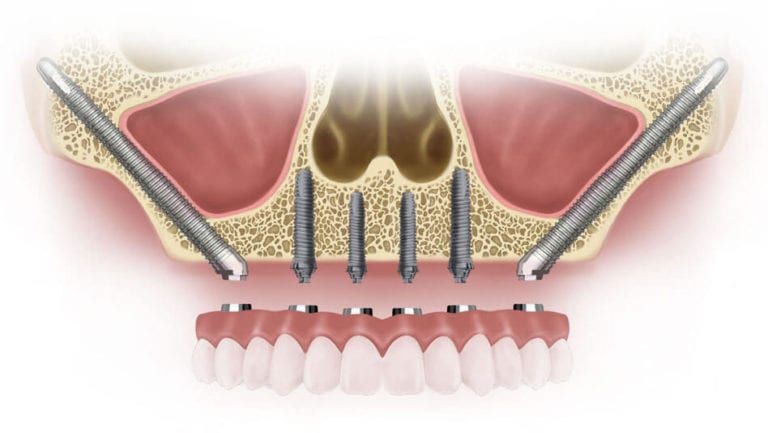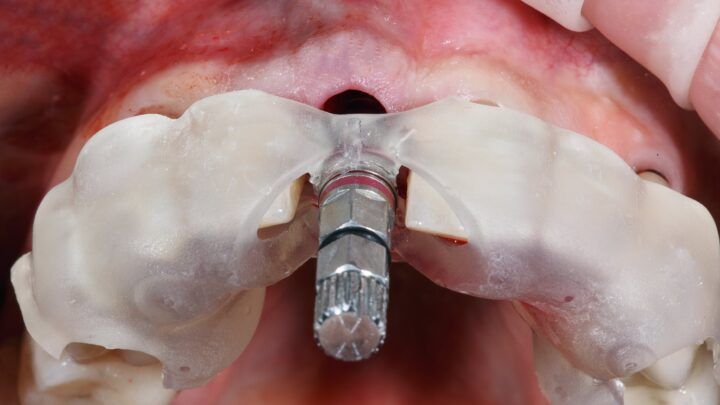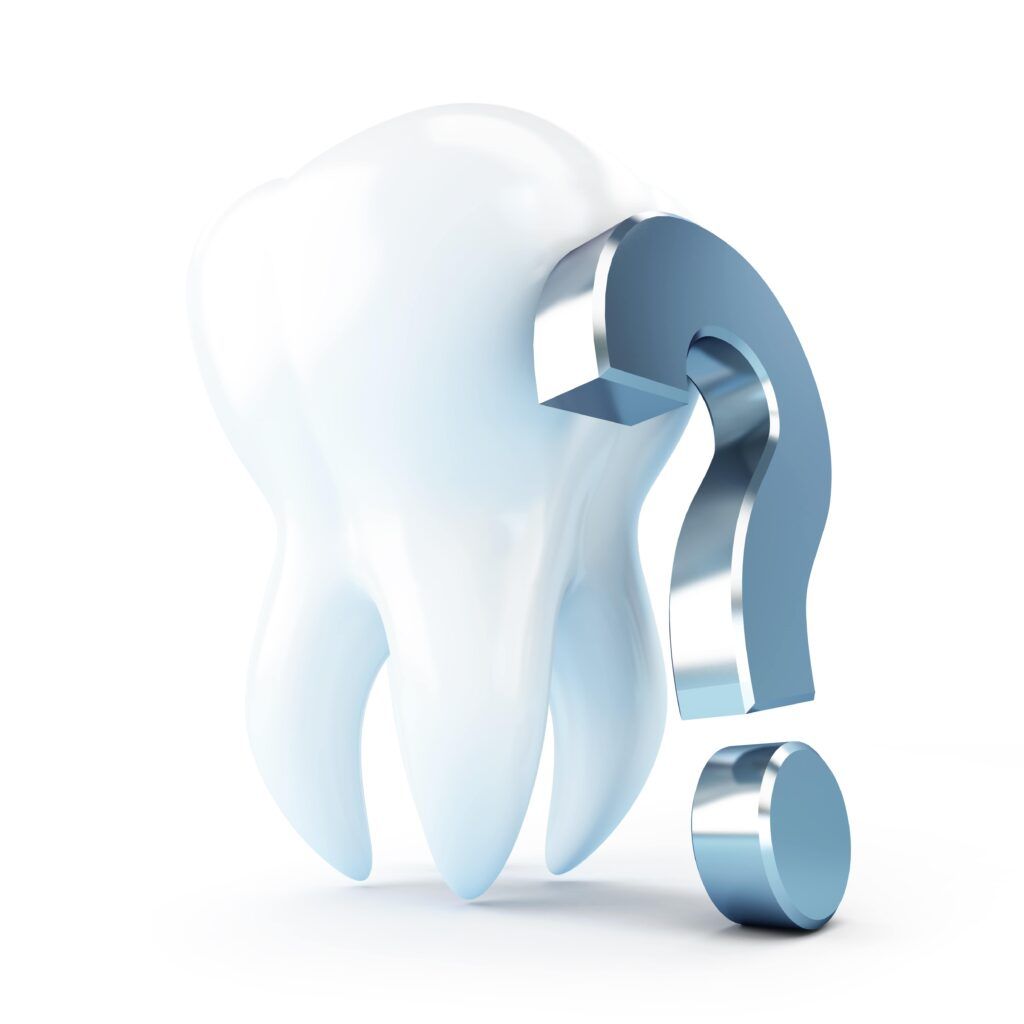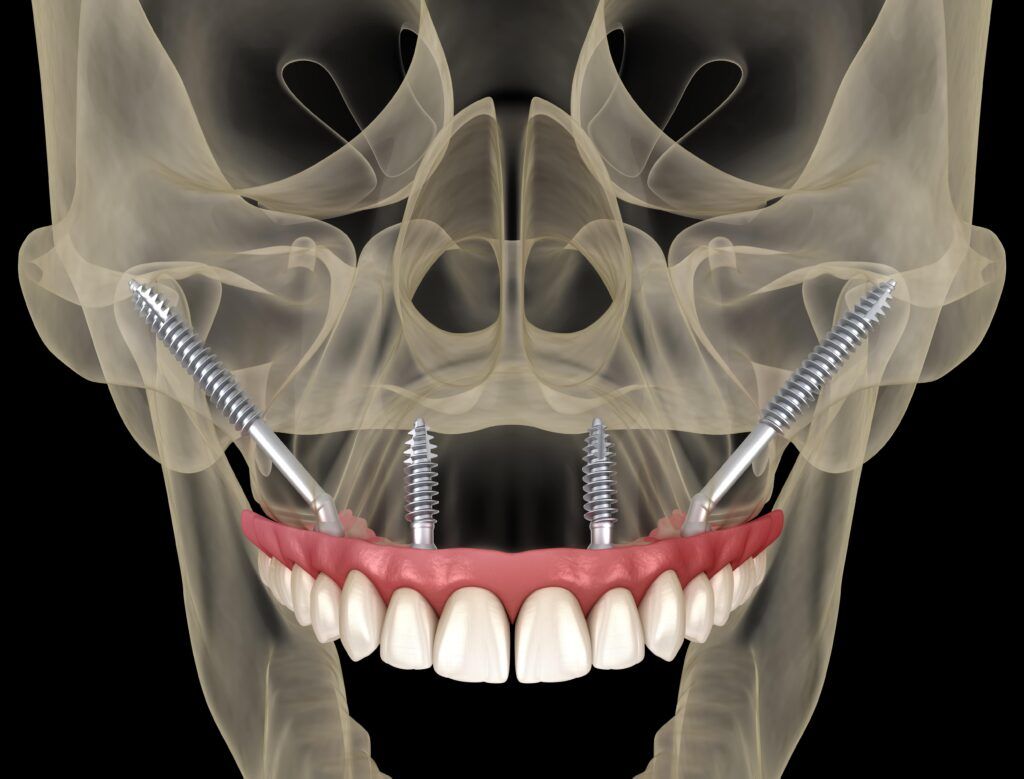Severe bone loss in the jaw can significantly impact an individual’s oral health, leading to challenges in dental restoration and affecting overall quality of life. Traditional dental implants often require a sufficient amount of bone for support, making them unsuitable for patients with extensive bone loss. Enter zygomatic implants, a revolutionary solution designed specifically for such challenging cases. This blog explores the world of zygomatic implants, delving into how they provide a viable and effective alternative for those who cannot undergo conventional implant procedures due to severe bone degradation. We will uncover what zygomatic implants are, their benefits, the procedure involved, and how they stand out as a beacon of hope for individuals facing the dilemma of severe jawbone loss.
In This Blog:
- Understanding Zygomatic Implants
- Ideal Candidates for Zygomatic Implants
- Advantages of Zygomatic Implants
- The Procedure
- Comparing Zygomatic Implants with Other Treatments
- FAQs
Understanding Zygomatic Implants
Zygomatic implants represent a groundbreaking advancement in dental implantology, offering a ray of hope for patients with severe jawbone loss who are otherwise ineligible for traditional dental implants. Unlike conventional implants that anchor into the jawbone, zygomatic implants are longer and are anchored into the zygomatic bone, also known as the cheekbone. This approach provides a solid foundation for the implant, even in cases where the jawbone has significantly deteriorated.
Anatomical Basis

The key to the success of zygomatic implants lies in their unique placement. The zygomatic bone is denser and more robust than the jawbone, which often suffers from atrophy in patients with severe bone loss. By anchoring the implants into this stronger bone, zygomatic implants offer a stable and long-lasting solution for dental restoration.
The Implant Design
Zygomatic implants are significantly longer than traditional dental implants and have a specific angulation to maximize contact with the zygomatic bone. This design allows for immediate load and stability, meaning that in many cases, patients can have their new teeth attached shortly after the implant placement, reducing the overall treatment time.
Understanding zygomatic implants is crucial for patients with severe bone loss considering their options for dental rehabilitation. These implants offer a durable, efficient, and effective solution, providing a new lease on oral health and functionality. Through their innovative design and strategic placement, zygomatic implants have become a game-changer in the field of implant dentistry, especially for those who previously had limited options.
Ideal Candidates for Zygomatic Implants
Zygomatic implants are not for everyone but serve as a specialized solution for patients with specific dental challenges. Identifying the ideal candidates for this procedure is crucial to ensure successful outcomes and patient satisfaction. Here’s a closer look at who might benefit most from zygomatic implants:
Severe Maxillary Bone Loss
The primary candidates for zygomatic implants are individuals with significant bone loss in the upper jaw or maxilla. This condition can result from various factors, including periodontal disease, long-term denture wear, trauma, or congenital defects. Traditional dental implants require a certain amount of bone density and volume for support, which these patients lack.
Failed Bone Grafting Procedures
Patients who have undergone bone grafting in an attempt to build up the jawbone for traditional implants but experienced failure or insufficient results may also be good candidates for zygomatic implants. Since zygomatic implants do not rely on the jawbone’s condition, they can provide an alternative for those for whom bone grafting has not been successful.
Immediate Load Requirements
Individuals who seek a quicker solution to their dental needs, such as immediate load implants, might find zygomatic implants appealing. Due to their design and the strong anchorage in the zygomatic bone, these implants can often support immediate loading, meaning that provisional prosthetic teeth can be placed soon after implant surgery.
Medical Conditions Affecting Bone Quality
Patients with medical conditions that affect bone quality, such as osteoporosis, may also benefit from zygomatic implants. The reduced bone density common in such conditions makes it challenging to secure traditional implants, whereas the zygomatic bone’s density provides a more reliable foundation for implantation.
Tolerance for Complex Surgical Procedures
Candidates must be prepared for a more complex surgical procedure than that involved with traditional implants. They should have good overall health and the ability to undergo a surgical procedure under general anesthesia or sedation. A comprehensive evaluation by a dental specialist is essential to assess the patient’s health status and suitability for zygomatic implants.
Psychological and Functional Needs
Patients with severe dental issues may experience psychological distress, social withdrawal, or functional difficulties such as eating or speaking. Those who are highly motivated to improve their quality of life and are looking for a long-term solution may be ideal candidates for zygomatic implants.
The ideal candidates for zygomatic implants are those with significant upper jawbone loss, those for whom traditional treatments like bone grafting have failed, and those seeking immediate results with strong and reliable dental solutions. A thorough assessment by a qualified dental professional is crucial to determine if zygomatic implants are the best option for an individual’s specific needs and circumstances.
Advantages of Zygomatic Implants
Zygomatic implants offer a unique set of advantages, particularly for patients with severe bone loss in the upper jaw. These benefits not only address the structural and functional requirements for successful dental rehabilitation but also enhance the overall quality of life for the patients. Here are some of the key advantages:
Avoidance of Bone Grafting
One of the most significant benefits of zygomatic implants is that they often eliminate the need for bone grafting. Traditional implants typically require a grafting procedure to augment the jawbone, which can be time-consuming, costly, and not always successful. Zygomatic implants, anchored in the cheekbone, bypass the insufficient jawbone entirely, making the treatment faster and less invasive.
Immediate Functionality
Zygomatic implants can often bear prosthetic loads immediately or soon after placement, unlike traditional implants that may require months of healing before they can support dental prostheses. This immediate or early loading capability reduces the overall treatment time and allows patients to return to their normal life and diet much sooner.
High Success Rate
Studies have shown that zygomatic implants have a high success rate, even in cases where conventional implants are not feasible due to severe bone loss. Their design and anchorage in the zygomatic bone provide a stable and durable foundation for prosthetic teeth.
Improved Aesthetic Outcomes

Zygomatic implants can support a full arch of prosthetic teeth, leading to significant aesthetic improvements, especially for patients with facial structure loss due to bone atrophy. The restoration of the teeth and facial contours can enhance the patient’s appearance and self-confidence.
Enhanced Oral Function
With the stability provided by zygomatic implants, patients can enjoy improved oral function, including better chewing efficiency and speech clarity. This improvement can have a substantial impact on nutrition and overall health, as well as social and psychological well-being.
Long-Term Durability
Due to their strategic placement and the strength of the zygomatic bone, these implants are known for their long-term durability and stability. This longevity makes them a cost-effective solution in the long run, despite the initial investment.
Reduced Treatment Time
Since zygomatic implants can often be loaded immediately and do not require bone grafting, the total treatment time from implant placement to final restoration is significantly reduced. This efficiency is a major advantage for patients looking for a quicker path to dental restoration.
In summary, the advantages of zygomatic implants make them a compelling choice for patients with significant upper jawbone loss. They offer a reliable, efficient, and effective solution, providing both functional and aesthetic benefits that can greatly improve the patient’s quality of life.
The Zygomatic Implant Procedure
The zygomatic implant procedure is a specialized surgical process designed to provide a stable foundation for dental prostheses in patients with severe maxillary bone loss. This procedure requires precise planning and execution by experienced oral and maxillofacial surgeons or dental specialists trained in zygomatic implant placement. Here’s an overview of the typical steps involved in the zygomatic implant procedure:
Pre-Operative Assessment
- Comprehensive Evaluation: The process begins with a thorough examination of the patient’s oral and overall health. This evaluation helps in determining the feasibility of zygomatic implants and planning the treatment.
- Imaging and Planning: Advanced imaging techniques, such as 3D CT scans, are used to assess the anatomy of the patient’s skull and the quality of the zygomatic bone. These images are crucial for accurate planning of the implant placement.
Surgical Procedure

- Anesthesia: The procedure is usually performed under general anesthesia or intravenous sedation to ensure the patient’s comfort.
- Incision and Exposure: The surgeon makes an incision in the gum tissue to expose the bone where the implant will be placed.
- Implant Placement: Using specialized drills and guides, the surgeon carefully places the zygomatic implant into the zygomatic bone, extending from the jaw’s posterior region to anchor into the cheekbone.
- Prosthetic Attachment: Depending on the case, a temporary or permanent dental prosthesis can be attached to the implants either immediately or after a short healing period.
Post-Operative Care
- Immediate Aftercare: Post-surgery, the patient’s recovery is monitored, and instructions are provided for managing any discomfort and ensuring proper healing.
- Follow-Up Visits: Regular follow-up appointments are necessary to monitor the healing process and adjust the temporary prosthesis if used. These visits also help ensure the implants integrate properly with the bone and watch out for signs of complications.
Healing and Integration
The zygomatic implants will integrate with the bone over several months, a process known as osseointegration. During this time, the implants become securely anchored to the bone, providing a stable base for the final prosthetic teeth.
Final Prosthesis Placement
Once osseointegration is confirmed, and the implants are stable, the final dental prosthesis is fabricated and secured to the implants. This prosthesis is designed to match the natural appearance and function of the patient’s teeth, restoring both aesthetics and functionality.
The zygomatic implant procedure is complex and requires a high level of expertise. However, with the right planning and execution, it can offer a life-changing solution for patients with severe bone loss, providing them with a functional and durable dental restoration.
Comparing Zygomatic Implants with Other Treatments
Zygomatic implants are an innovative solution for severe bone loss in the upper jaw, but how do they stack up against other dental restoration options? Here’s a comparison with traditional implants, bone grafting, and dentures to provide a clearer perspective:
Zygomatic Implants vs. Traditional Dental Implants
- Bone Requirement: Traditional dental implants require a significant amount of healthy jawbone for successful placement. In contrast, zygomatic implants are designed for patients with severe bone loss, utilizing the zygomatic bone for support.
- Treatment Duration: Zygomatic implants can often be placed faster and with fewer procedures since they eliminate the need for bone grafting, shortening the overall treatment time.
- Success Rates: Both zygomatic and traditional implants have high success rates, but zygomatic implants can be more reliable in cases of significant bone loss due to their robust anchorage in the cheekbone.
Zygomatic Implants vs. Bone Grafting
- Procedure Complexity: Bone grafting is a procedure used to increase bone volume for traditional implant placement, which can be time-consuming, costly, and has variable success rates. Zygomatic implants avoid this complexity by directly utilizing the zygomatic bone.
- Recovery Time: The healing process for bone grafting can take several months before implants can be placed, whereas zygomatic implants may allow for immediate prosthetic loading.
- Long-Term Outcome: While bone grafting can provide a good foundation for implants, the long-term success can be affected by the graft’s integration and quality. Zygomatic implants, however, have a consistent track record of long-term stability.
Zygomatic Implants vs. Dentures
- Stability and Comfort: Dentures, especially upper dentures, can be unstable and uncomfortable for patients with severe bone loss. Zygomatic implants offer a permanent, stable solution that is fixed in place and feels more like natural teeth.
- Functionality: While dentures can restore the appearance of a full set of teeth, they often limit the patient’s ability to eat certain foods and can affect speech. Zygomatic implants provide superior functional outcomes, allowing patients to eat a wider range of foods and speak more naturally.
- Maintenance and Care: Dentures require regular removal and cleaning, and they can wear out or need adjustment over time. Zygomatic implants are maintained much like natural teeth, with routine oral hygiene and dental check-ups.
Overall, zygomatic implants present a highly effective alternative to traditional dental implants, bone grafting, and dentures for patients with severe maxillary bone loss. They offer a combination of immediate functionality, long-term stability, and a natural feel, making them a superior choice for suitable candidates. However, the decision between these options should be made based on individual patient needs, bone availability, and overall health, in consultation with a dental specialist.
FAQ Section: Zygomatic Implants
What are zygomatic implants?
Zygomatic implants are specialized dental implants that anchor into the zygomatic bone (cheekbone) rather than the jawbone. They are used primarily for patients with significant bone loss in the upper jaw to provide a stable foundation for dental prostheses.
How do zygomatic implants differ from traditional dental implants?
The main difference lies in their anchorage; traditional implants are anchored in the jawbone, while zygomatic implants are anchored in the zygomatic bone. Zygomatic implants are also longer to reach the cheekbone and are used when the jawbone is insufficient for traditional implants.

Who is a candidate for zygomatic implants?
Candidates for zygomatic implants are typically individuals with severe bone loss in the upper jaw, for whom traditional implants are not viable. This includes those who have had unsuccessful bone grafting or have medical conditions affecting bone density.
How long does the zygomatic implant procedure take?
The actual surgical procedure for placing zygomatic implants can vary but typically takes several hours. The total treatment time, including the planning phase and the attachment of the final prosthesis, may span several weeks to months, depending on the case.
How long do zygomatic implants last?
Zygomatic implants are designed to be a long-term solution. With proper care and maintenance, they can last for many years, similar to traditional dental implants.
Conclusion
In conclusion, zygomatic implants offer a groundbreaking solution for individuals facing severe upper jaw bone loss, providing a viable and effective alternative to traditional dental restoration methods. With their unique anchorage in the zygomatic bone, these implants circumvent the challenges of insufficient jawbone, eliminating the need for bone grafting and reducing overall treatment time. Their high success rate, immediate functionality, and potential for long-term stability make zygomatic implants a preferred choice for both patients and dental specialists. By understanding the nuances of zygomatic implants, patients can make informed decisions in consultation with their dental professionals, opening the door to improved oral health, enhanced aesthetics, and a significantly better quality of life.

